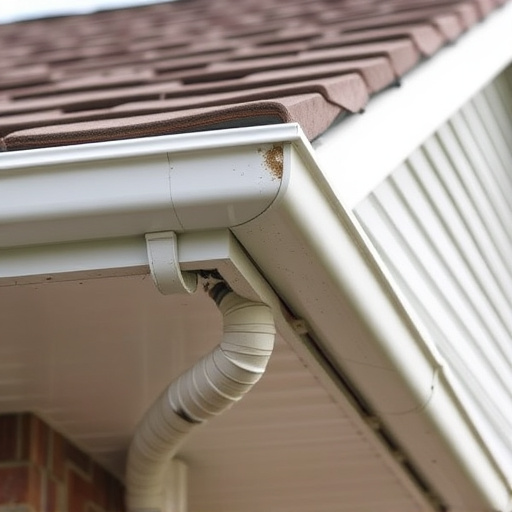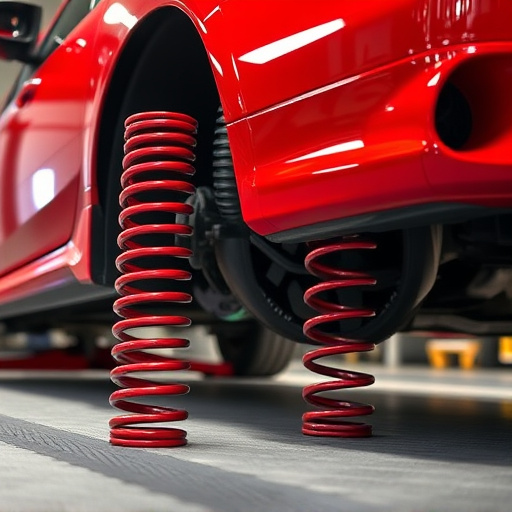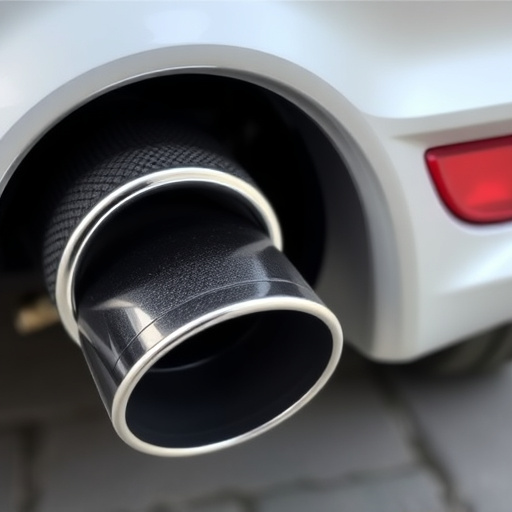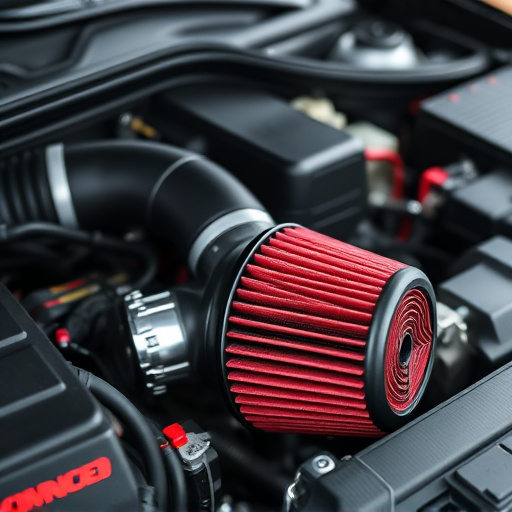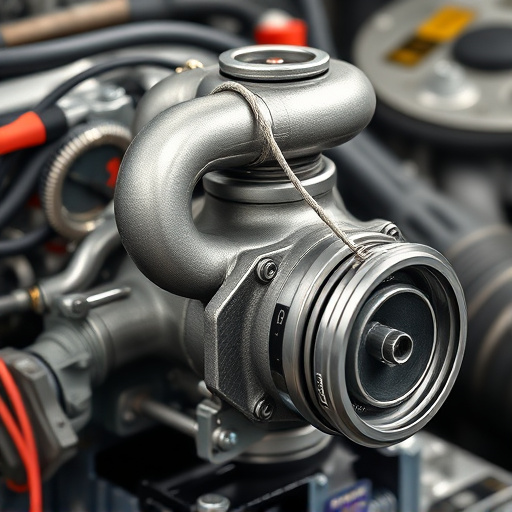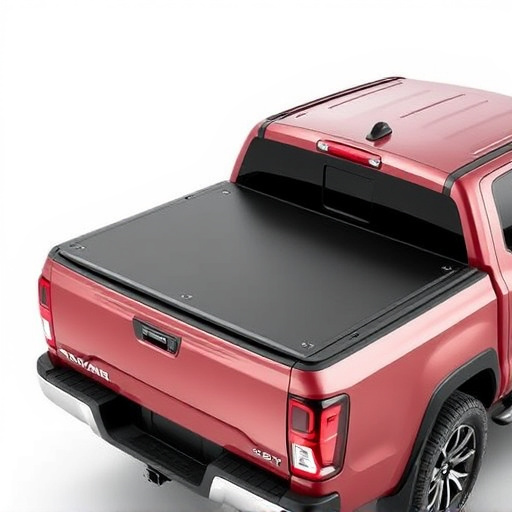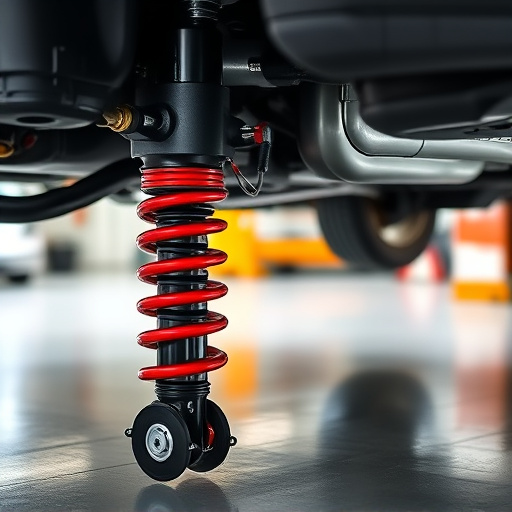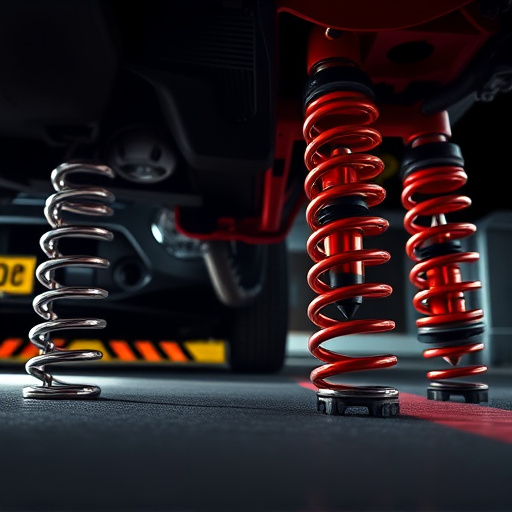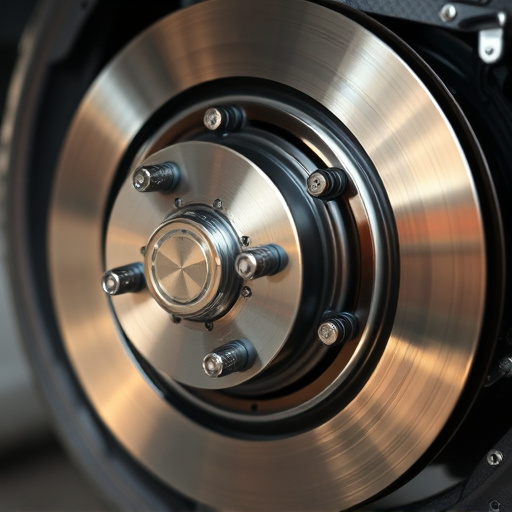When replacing a catalytic converter, ensure compatibility with your vehicle's engine type and modifications. Prioritize quality for durability and environmental protection. Consider technology types like three-way catalysts or SCR systems. Check warranty coverage. Choose between DIY installation (requiring expertise) or professional services for peace of mind and optimal performance, especially in modern vehicles.
Choosing the right catalytic converter replacement for your vehicle is a crucial decision that can impact both performance and environmental compliance. This guide walks you through understanding your vehicle’s catalytic converter system, key factors to consider when selecting replacement parts, and DIY installation vs. professional services. By navigating these aspects, you’ll ensure a safe, effective, and cost-efficient catalytic converter upgrade.
- Understanding Your Vehicle's Catalytic Converter System
- Factors to Consider When Choosing Replacement Parts
- Installation vs. Professional Replacement: Do-It-Yourself Considerations
Understanding Your Vehicle's Catalytic Converter System
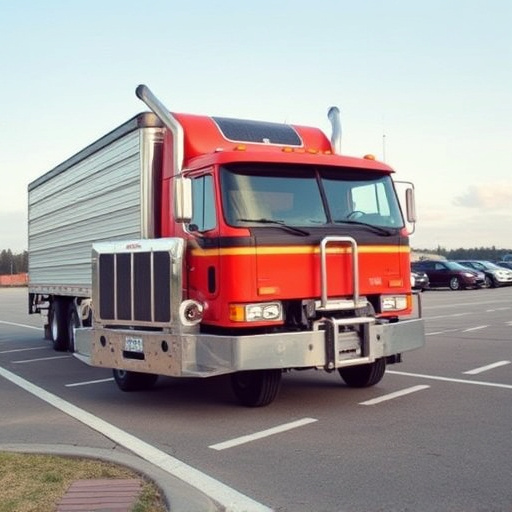
Every vehicle is equipped with a catalytic converter system, a critical component that facilitates the conversion of harmful gases emitted by the engine into less toxic substances. This intricate network includes the catalytic converter, its sensors, and associated components like oxygen sensors and air/fuel ratio sensors. These sensors play a pivotal role in monitoring and regulating the chemical reactions within the converter, ensuring it functions optimally.
When considering a catalytic converter replacement, understanding your vehicle’s system is paramount. Factors such as engine type, fuel injection, and even modifications like cold air intakes or air filter kits can impact compatibility. Additionally, checking the condition of other essential components, including brake rotors, can provide valuable insights into overall vehicle health and help ensure a seamless replacement process.
Factors to Consider When Choosing Replacement Parts
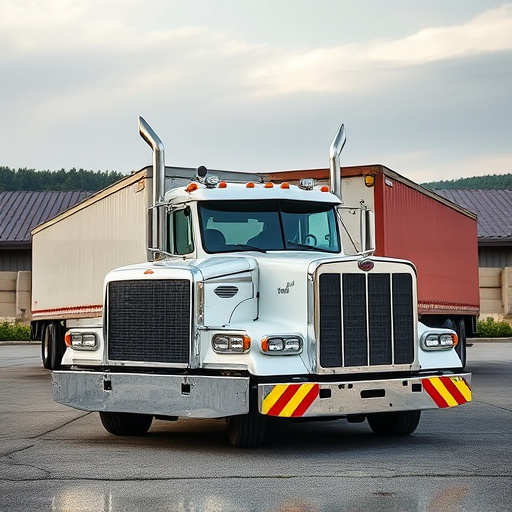
When choosing a catalytic converter replacement for your vehicle, several factors come into play. Firstly, ensure compatibility with your make and model; fitting issues can lead to performance problems or even damage to other parts. Secondly, consider the quality of the replacement part. Top-tier catalytic converters offer superior durability, efficiency, and environmental protection, aligning perfectly with modern emission standards.
Moreover, think about the type of catalytic converter technology. Different types, like three-way catalysts or selective catalytic reduction (SCR) systems, cater to various vehicle needs. Balancing performance gains, maintenance requirements, and cost is essential. Additionally, check for warranty coverage; a robust warranty can provide peace of mind, especially considering the crucial role of the catalytic converter in your vehicle’s exhaust system, which includes components like coilover kits, brake rotors, and suspension parts.
Installation vs. Professional Replacement: Do-It-Yourself Considerations
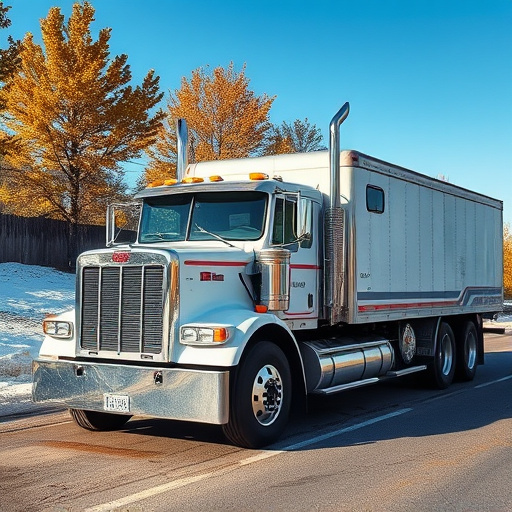
When considering a catalytic converter replacement, an important decision point is whether to install it yourself or seek professional help. Do-it-yourself (DIY) installation can be appealing for those who enjoy automotive work and want to save costs. However, it requires careful planning and knowledge of your vehicle’s system. You’ll need the right tools, a matching converter based on your vehicle’s make and model, and a thorough understanding of exhaust systems to ensure proper fitment and safety.
Professional replacement offers peace of mind and guarantees the job is done correctly. Experienced mechanics have the expertise to handle complex installations, especially in modern vehicles with sophisticated emissions control systems. Plus, they can check for any potential issues with your vehicle’s brakes pads or exhaust mufflers during the process. For those seeking high-performance parts to enhance their vehicle’s capabilities, a professional install ensures compatibility and tuning adjustments might be necessary, resulting in optimal performance and reliability.
Choosing the right catalytic converter replacement involves understanding your vehicle’s system, considering vital factors like compatibility and performance, and deciding between DIY installation or professional services. By carefully navigating these aspects, you can ensure a smooth, efficient, and safe upgrade, contributing to better engine performance and reduced emissions—a true game-changer for any vehicle owner contemplating a catalytic converter replacement.



